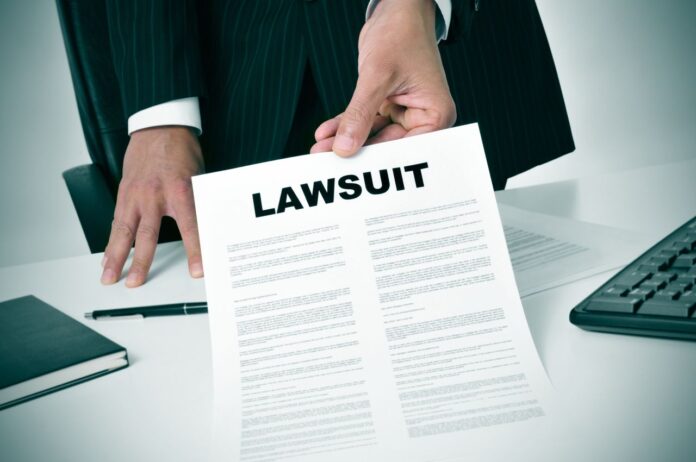
Before you rush off and file that lawsuit you have been thinking about, here are 7 things you should take into consideration.
Filing a personal injury lawsuit is a big deal. It takes energy, time, and can cause stress, enough so that many people are put off. The fact remains that you are injured through no fault of your own, though, and many of us can’t afford the medical expenses.
So, what do you do when you need to file a lawsuit for personal injury? Who do you turn to when times get tough? We turned to the experts at Johnson Law Firm and asked their advice.
The 7 Things to Know Before you File for Personal Injury
Let’s get stuck straight in with the 7 things you ought to know before you file that claim…
1. The Statute of Limitations
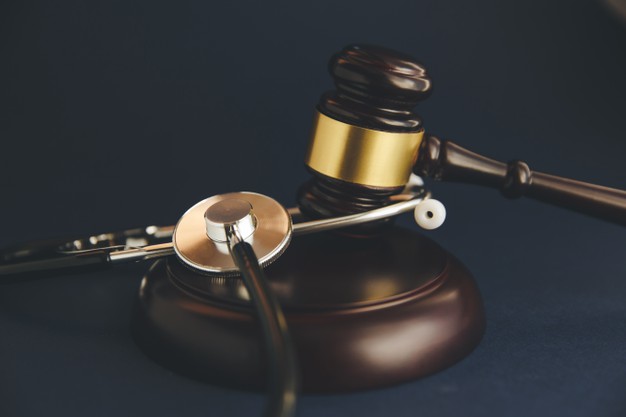
Each state has a statute of limitations on each case. Usually, it starts from the moment the incident happens, and expires about two years later. If you haven’t claimed in that time, then any sensible judge will throw your case out. The reason? The statute of limitations is put in place to stop us claiming for things that happened years ago. Historical cases are a whole different branch of the law and there is always the risk that people will use it to exploit childhood mishaps.
Interestingly enough, the Statute of Limitations changes for children. The clock starts ticking the moment you turn 18 and are a legal adult. If you want to claim in this period, you can. However, when you hit 20 that will expire.
2. If the Accident wasn’t reported, you might not have a case
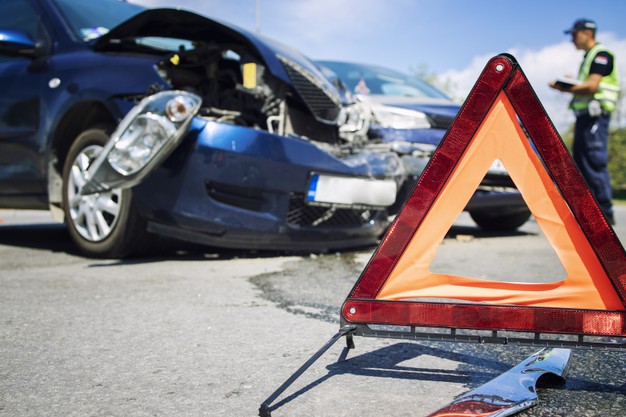
If there is no legal record of your accident, then there is no formal proof that it ever even happened. This can go against your case before it even reaches a court of law. This is one of the main reasons why we always advocate that you should visit the ER even if you are not hurt, to make sure they record the incident.
You can also gain a formal record of the event taking place if you speak to the police. Be sure to give your own account at the scene of the accident, or to visit the police station later and lodge a formal statement. Without it, you might not get any compensation for your incident.
3. Proof is easier with Photographic Evidence
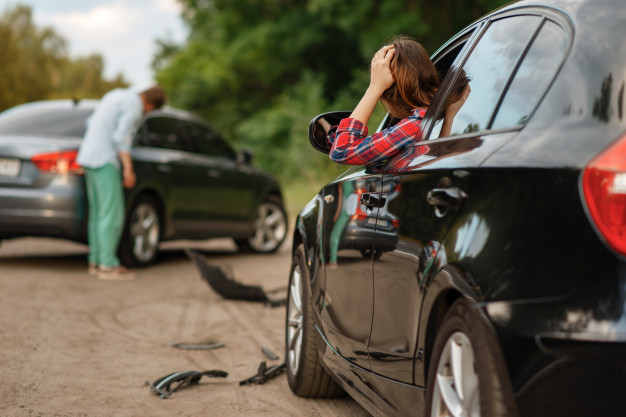
Even if you have reported the accident, you still need to prove that you were hurt badly by it all. To do this, photographic evidence is the best way to further your cause. Return to the scene of the crime (or send a friend or relative if you are too unwell) to take pictures of the layout of the road and record who was traveling where.
Taking an ongoing photo diary of the marks any injury has left on your body is another good way to document your recovery. Photos of damage done to vehicles, to personal possessions, or to road furniture can help. If you tripped and fell, photographs of the unmarked location you tripped and fell in will further your cause.
4. Documentation isn’t just photographic

While photographic evidence is some of the best you can use to sway a jury, you can’t guarantee you will get compensation if they don’t know how your injuries were treated. This is why it is important to make a full recovery. Attend every therapy session issued by your doctor and be sure to consider your mental health. Accidents can give you PTSD and that’s even more recovery time.
When you take notes and bring receipts to the case, the reviewing judge will be more likely to err in your favor. If the accident has cost you dearly, you will receive this amount back if your case succeeds, as well as an amount allocated for pain and suffering.
5. Get an Assessment

If you need to, get an assessment from an impartial lawyer who can tell you whether or not you have a chance of winning your case. There is no point in plunging in and spending thousands of dollars on a case doomed to fail. Maybe people already sued the company for this in the past and now it has extra contracts which protect it? Maybe you are only plain unlucky, and it was a freak accident nobody could avoid. Either way, you can’t win them all.
6. You’re not ‘entitled to compensation

Sometimes, there is no award for compensation regardless of what you do. If the company you got into an accident with was acting on the urgency of national security, for example, you might not get anything in return. There are other instances where this might happen, although they are rare. If you are hit by a diplomat driving, for example, you might not even get an acknowledgment or apology, let alone compensation.
7. There’s no Personal Injury Claim without Medical Evidence
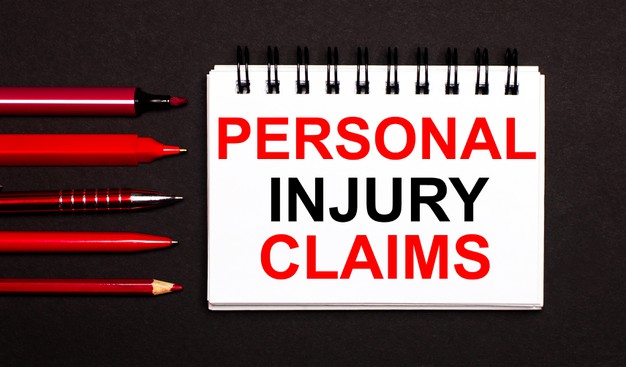
You can’t just show up at a lawyer’s office and claim someone injured you without being able to provide a doctor’s report. If you don’t have receipts for medical attention or even a record of the incident happening according to a surgery or hospital, then you are likely to have your case thrown out.
Medical injury can only be claimed if you can prove that medical expenses were incurred. You should keep a list of all the expenses you have run up as a result of the accident. Keep your receipts, including those for travel, and note anything that you missed out on in life because of your current predicament.
Follow these Guidelines for a Better Chance at Claiming Personal Injury Expenses
If you follow this guide and make sure to keep a record of everything, you will soon find that you have given yourself the best chance at a successful personal injury case. If not? You are running the risk of losing out.








